_____
I am in the early stages of reading pianist Hampton Hawes’ 1972 autobiography (written with Don Asher) Raise Up Off Me, which Gary Giddins called, in his introduction, “the first book to give an insider’s view of the most provocative and misunderstood movement in jazz — the modernism of the ’40s, bebop.” It is incredibly entertaining and a witty, lucid, and smart read.
In a paragraph representative of the book’s quality, Hawes writes about his respect for and appreciation of his instrument’s dependability:
The piano was the only sure friend I had because it was the only thing that was consistent, always made sense and responded directly to what I did. Pianos don’t ever change. Sittin’ there every day. You wanna play me, here I am. The D is still here, the A flats still here, they’re always going to be there and it don’t matter whether it’s Sunday, Ash Wednesday or the Fourth of July. Play it right and it comes out right; mess with it and it’ll make you back up. A piano don’t lie. Check the prancing players with the sparkles in their eyes and the pretty fingernails flashing up and down the keyboard — listen closely and that’s all there is, just flash and icing, no more depth or meaning than a wood chip dancing down a waterfall. A keyboard is more consistent than life, it gives you back what you put into it, no more, no less. In the forties Bud Powell had grease in his veins and burned the motherfucker up; Thelonious Monk plays it strange and beautiful because he feels strange and beautiful. The piano was the first secure and honest thing in my life, I could approach it on my own and fail or be good. Straight to the point and quick.
_____
Excerpted from Raise Up Off Me: A Portrait of Hampton Hawes, by Hampton Hawes with Don Asher
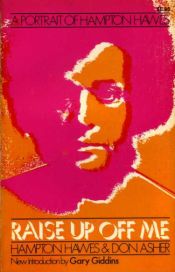
*
A 1970 live performance of Hawes, Bob Cooper, Shelly Manne and Ray Brown at Shelly’s Manne Hole







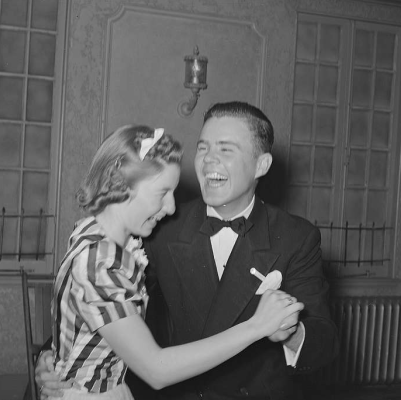
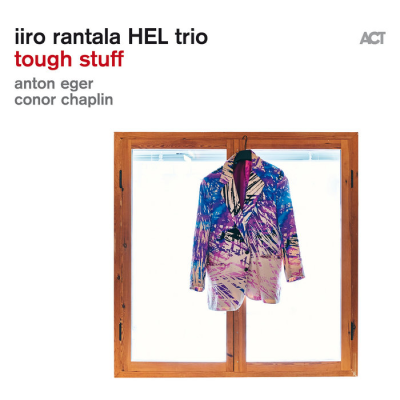
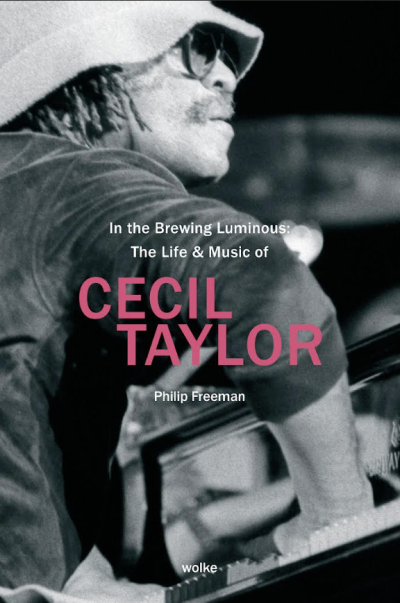

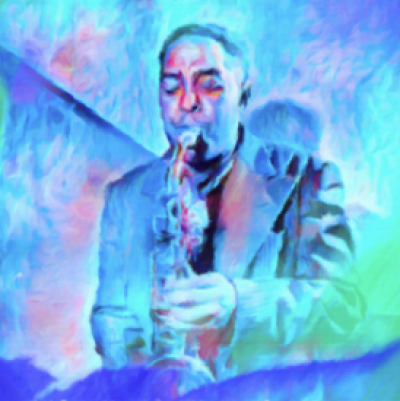


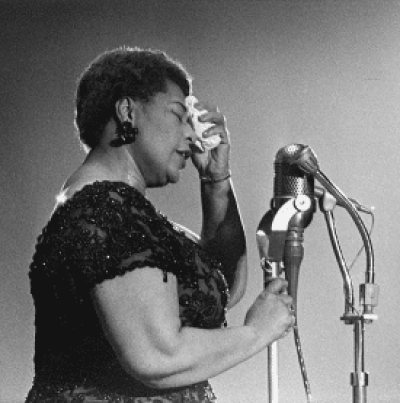
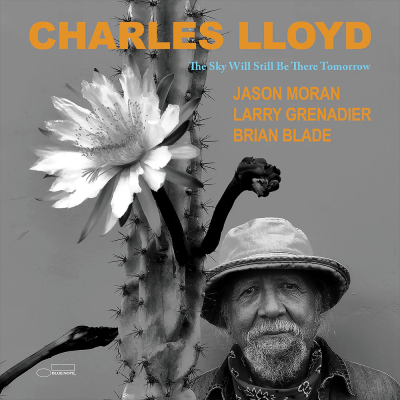
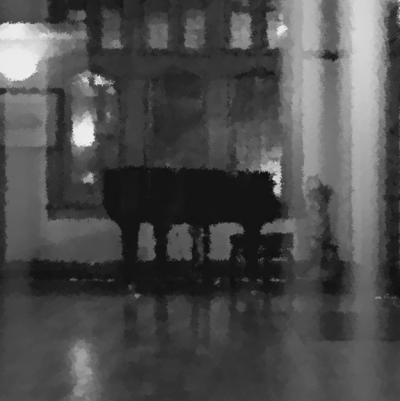




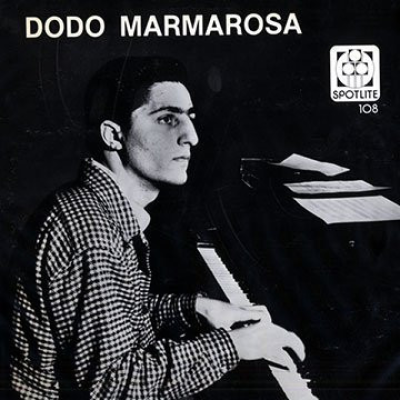
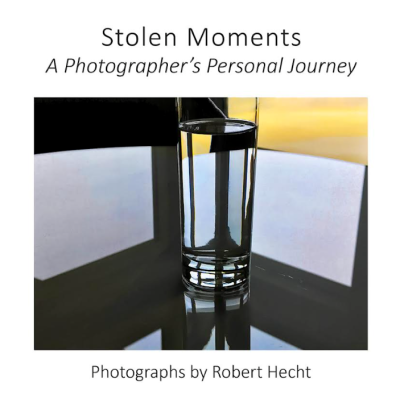

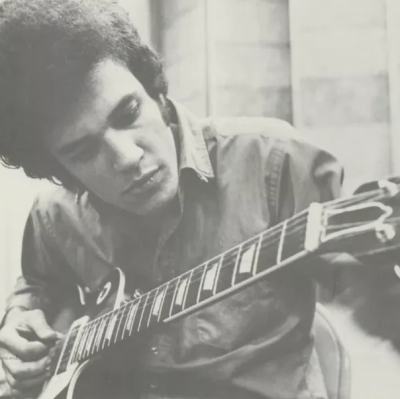
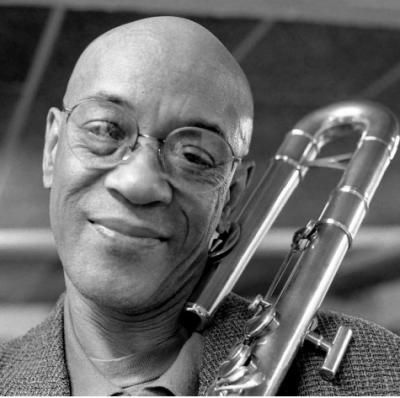
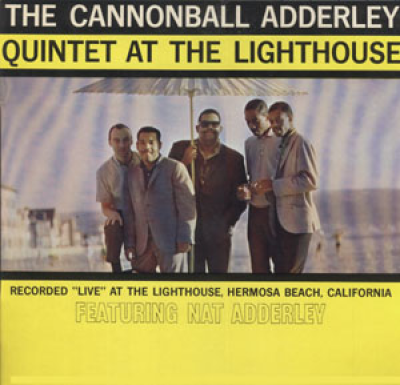
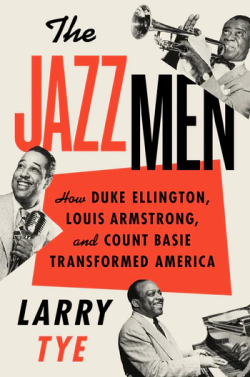
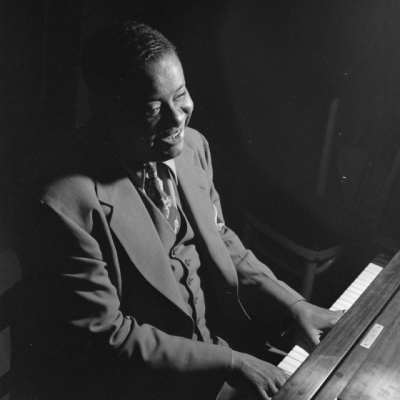
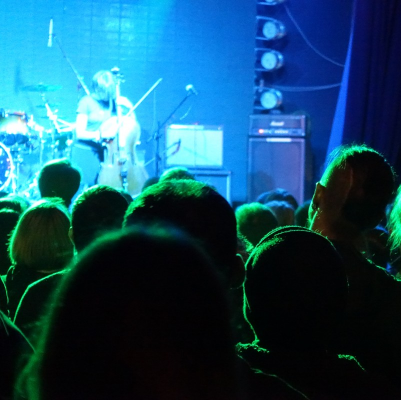
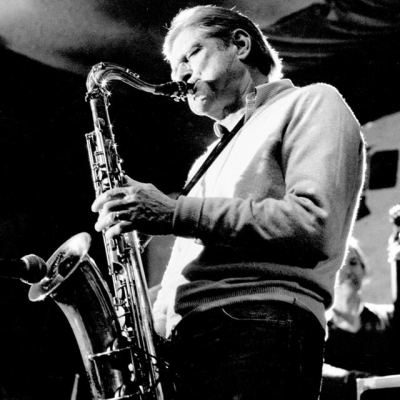
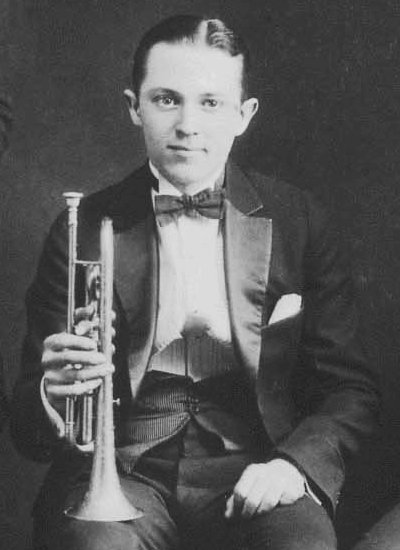
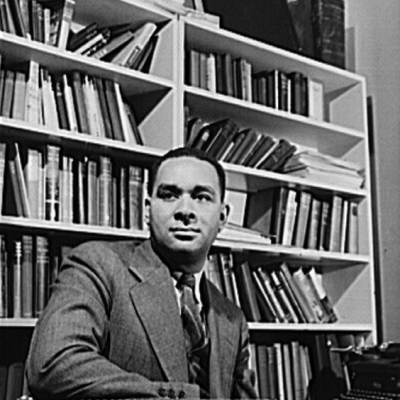






A wonderful description of Hawes connection to the piano. I agree. Pianos give the truest melodies … every note you need and then some